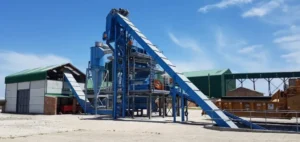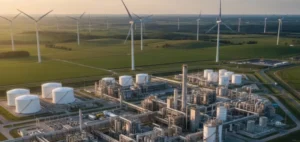The U.S. Environmental Protection Agency (EPA) is launching in-depth audits into the supply chains of several renewable fuel producers.
These investigations, starting in July 2023, aim to verify the authenticity and sustainability of used cooking oils used in biodiesel production.
This initiative is a direct response to growing concerns about the potentially fraudulent use of cheaper, ecologically damaging palm oils in place of used oils. Biodiesel producers can benefit from numerous environmental and climate subsidies by using sustainable ingredients such as used cooking oil.
However, the dramatic increase in used oil exports from Asia has raised doubts about the veracity of reported volumes, fuelling fears of fraudulent practices where less sustainable products are labeled as used cooking oil to benefit from subsidies.
Reactions and regulations
In response to these concerns, several US senators are calling for tighter controls on biofuel feedstocks.
On June 20, six senators, led by Roger Marshall and Sherrod Brown, sent a letter to federal agencies calling for rigorous import checks, similar to those applied to domestic supply chains.
A second letter, sent on July 30 by fifteen senators to the Treasury Department, recommends excluding imported feedstocks, such as used cooking oil, from the Clean Fuels Tax Credit program introduced by the Inflation Reduction Act.
The aim is to ensure that subsidies benefit only verified, sustainable sources.
Consequences and outlook
EPA audits could have a significant impact on the biofuels market.
If fraud is proven, the producers concerned could lose their access to credits and subsidies, thus impacting their competitiveness.
In addition, this situation could prompt a review of regulations and a strengthening of international controls.
The European Union is also conducting similar investigations, which could influence business practices and strengthen international cooperation to ensure the sustainability of biofuel supply chains.
These initiatives aim to ensure that the environmental policies of individual countries are respected, and that fraudulent practices do not undermine efforts to promote cleaner, more sustainable fuels.
Ultimately, EPA audits could enhance the transparency and integrity of the biofuels market, ensuring that environmental and climate objectives are truly met.





















